Introduction
Teacup dogs are tiny, adorable companions that many adore. Their charm and cuteness make them highly sought after. However, potential owners should be aware of the health issues these little breeds often face.
Speaking of charming companions, why not make sure your teacup dog is well-fed with the best nutrition? Check out this Dog Food for Small Breeds. It’s specially formulated to meet the unique nutritional needs of small dogs, ensuring they stay happy and healthy!
Summary and Overview
Teacup dogs, also known as micro dogs, weigh between 4 to 6 pounds. They come from popular breeds like the Maltese, Chihuahua, and Pomeranian. Their small size and playful nature make them perfect for many pet lovers. They are often seen as portable pets, easily fitting into bags and purses.

The Maltese breed is one of the most popular choices for teacup dog lovers. Learn more about Maltese dogs and their characteristics.
However, their size comes with significant health concerns. These dogs are prone to serious issues like hypoglycemia, respiratory problems, and fragile bones. Unethical breeding practices, such as breeding runts, can exacerbate these conditions. It’s vital for potential owners to consider these factors. Ethical breeding practices are crucial for healthier pets. Always prioritize buying from reputable breeders and consider adopting from shelters.
Health Considerations
Teacup dogs are undeniably cute, but their tiny size leads to serious health risks. Common issues include hypoglycemia, respiratory problems, and fragile bones. Hypoglycemia, or low blood sugar, can cause weakness, seizures, or even collapse. Many teacup breeds also suffer from heart and respiratory conditions due to their compact bodies.
Breeding practices play a significant role in these health concerns. Unethical breeders often mate the smallest puppies, known as runts, leading to genetic disorders. This practice increases the likelihood of severe health issues. Sadly, teacup dogs are not recognized by major kennel clubs, meaning there are no standard breeding guidelines.
Regular vet visits are essential for these delicate pups. Frequent check-ups can help catch potential problems early. Additionally, a proper diet is crucial. Feeding smaller meals throughout the day can help manage hypoglycemia and maintain healthy weight. Teacup dogs generally live between 7 to 15 years, but many do not reach their full potential lifespan due to health complications.
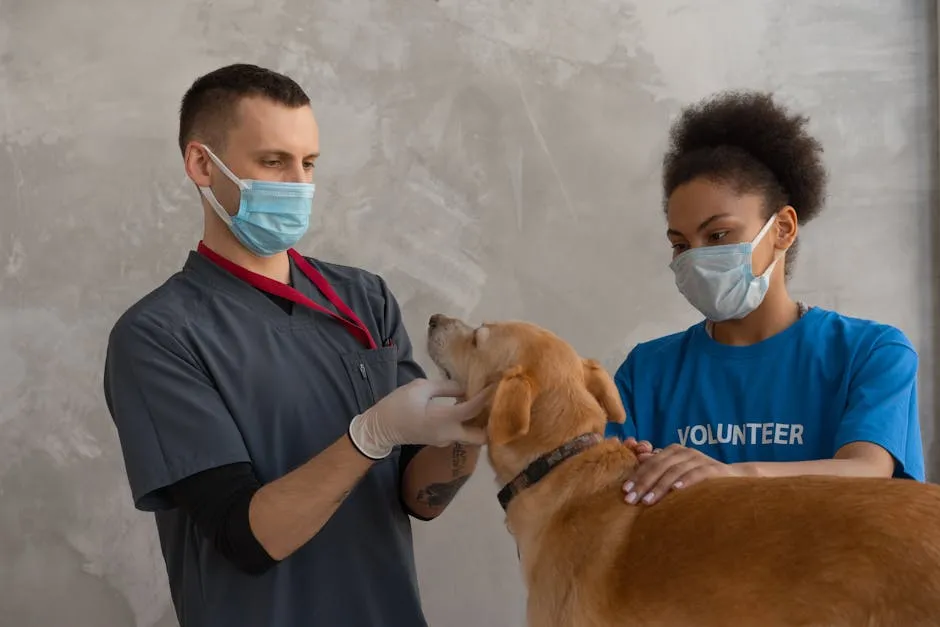
If you’re looking to keep your pup’s teeth in tip-top shape, don’t forget to invest in a good dental routine! Check out this fantastic Dog Toothbrush and Toothpaste. This duo makes dental care easy and effective, helping to prevent plaque buildup and keep your teacup dog’s smile bright!
Potential owners should be aware of these risks. Always consult with a veterinarian before adopting a teacup dog. Understanding the responsibilities tied to their care is vital for ensuring a happy, healthy pet.
Care Requirements for Teacup Dogs
Caring for teacup dogs requires special attention. Their small size means they have unique needs. Let’s look at essential care aspects.
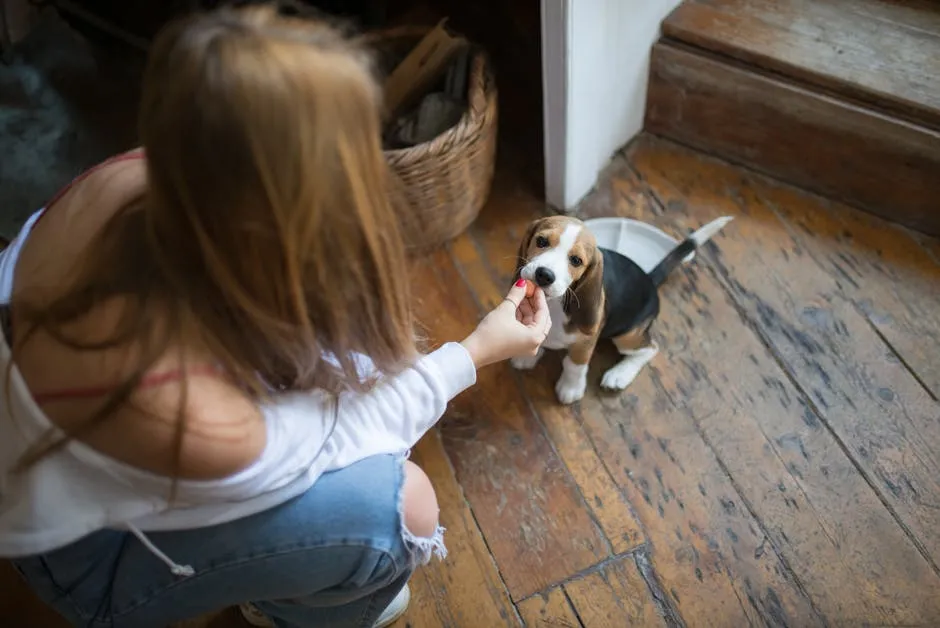
Feeding Frequency and Diet
Teacup dogs typically need to eat multiple times a day. Aim for three to four small meals to manage their energy levels and avoid hypoglycemia. Their diet should focus on high-quality, nutrient-rich food. Look for options specifically formulated for small breeds. This helps maintain their health and supports their tiny bodies.
And while you’re at it, why not treat your furry friend to some delicious snacks? Check out these Dog Treats for Small Breeds. These tasty morsels are perfect for rewarding your little one during training or just because they’re cute!
Grooming Needs
Regular grooming is crucial for teacup dogs. Their coats can be prone to tangles and mats. Depending on the breed, you may need to brush them several times a week. Some breeds may require professional grooming every few months. Regular grooming helps keep their skin healthy and can prevent painful matting.
To make grooming easy, consider investing in a quality Dog Grooming Brush. This tool helps to maintain a healthy coat and keeps your pup looking fabulous!
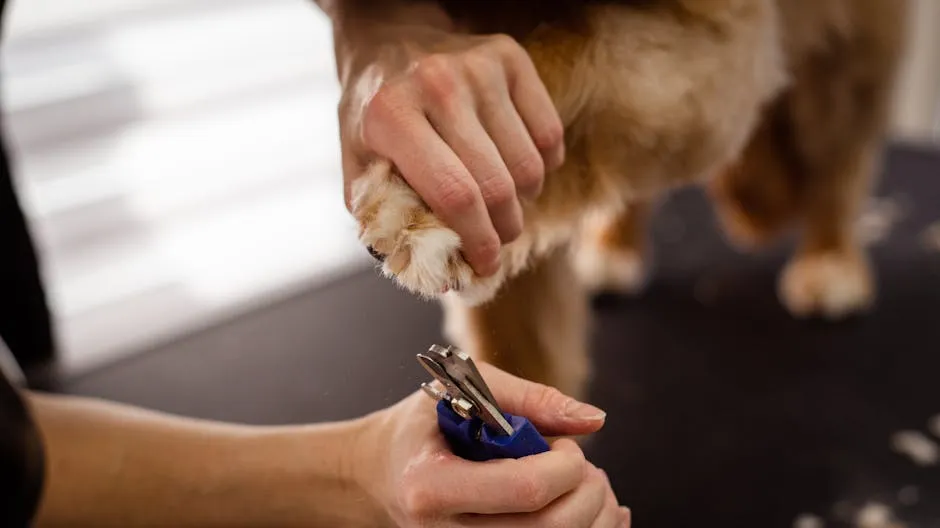
Exercise Requirements and Safe Play
Teacup dogs may be small, but they still need exercise! Short walks and playtime are essential. However, avoid rough play to prevent injuries. Always supervise them during playtime, especially around larger dogs or young children. Consider creating a safe play area indoors. This ensures they can exercise without risks.
Teacup dogs usually require about 30 minutes of activity each day. Incorporate gentle activities to help them stay active without overexerting themselves.
If you’re planning to take your teacup dog on adventures, a Teacup Dog Carrier Bag is a must-have! It’s perfect for keeping your little buddy safe and snug while you’re on the go.
For personalized care plans, consider consulting a pet care professional. They can provide tailored advice based on your teacup dog’s specific needs.
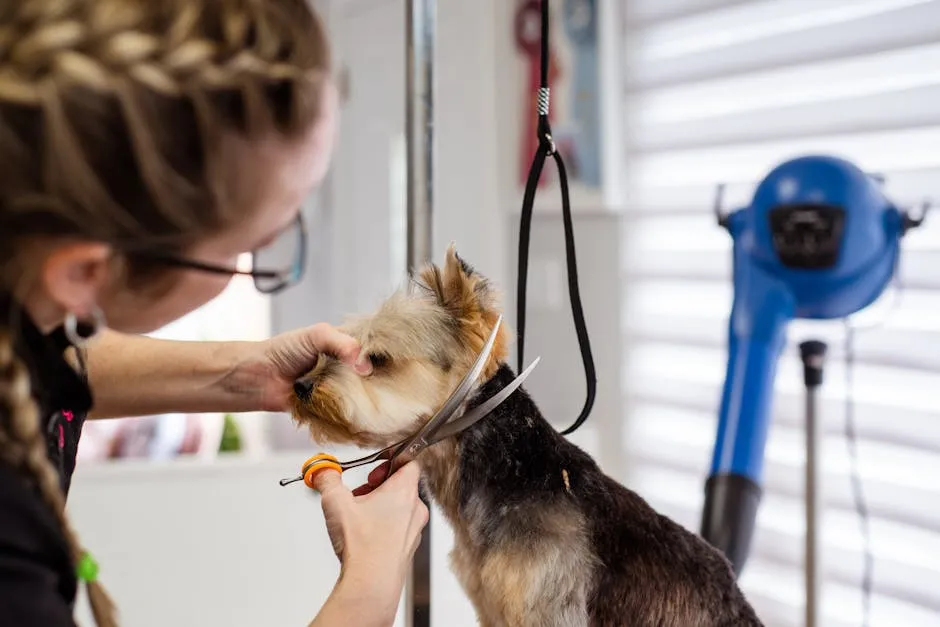
Ethical Considerations in Breeding
When it comes to teacup dogs, ethical breeding practices are crucial. Many teacup breeds originate from runts, the smallest puppies in a litter. Unfortunately, breeding runts can lead to serious health issues. These tiny dogs often face problems like hypoglycemia, respiratory distress, and joint issues. Such conditions can severely affect their quality of life.
It’s essential to support ethical breeders who prioritize health over size. Responsible breeders conduct health checks and ensure their breeding practices promote the well-being of the dogs. This can help reduce the risk of genetic disorders that are common in teacup breeds. As potential owners, you should seek breeders who provide transparency about their practices and the health history of their puppies.
Dog rescues and shelters play a critical role in combating the prevalence of teacup dogs in unethical breeding environments. According to recent statistics, thousands of teacup dogs end up in shelters each year. Adopting from a rescue not only gives a dog a loving home but also helps reduce the demand for puppies from potentially harmful breeding operations, like puppy mills.
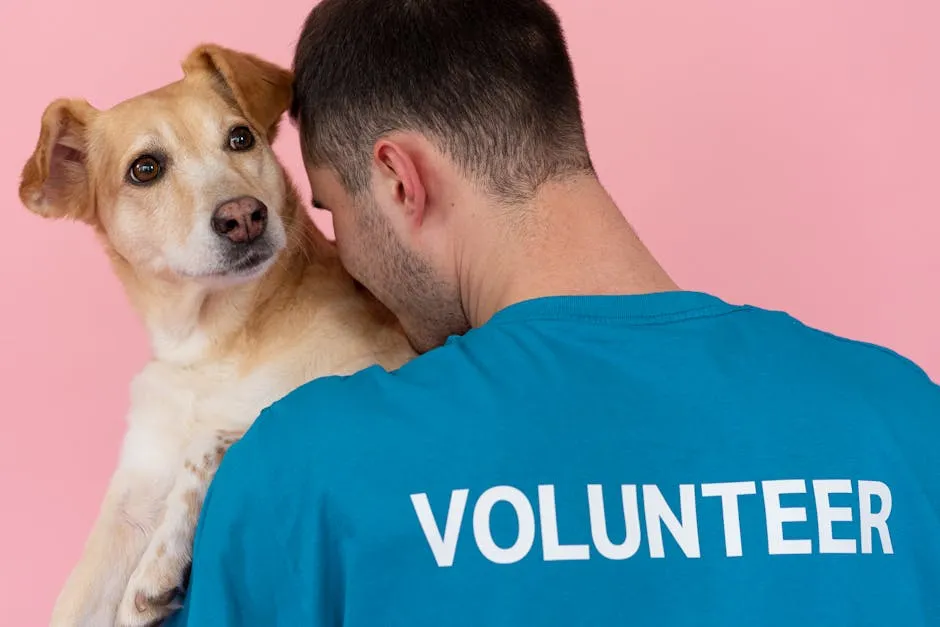
Choosing to adopt from shelters is a compassionate choice that helps combat unethical breeding practices. Find out more about dog rescues and how you can help.
By choosing to adopt rather than shop, you can make a significant difference. Your decision to rescue a teacup dog contributes to a more humane pet ownership culture. It’s a choice that benefits not only you but also the lives of countless animals in need.
Don’t forget about safety! A Dog Safety Gate can help keep your tiny friend safe from hazards in your home, ensuring they have a secure area to play and explore.
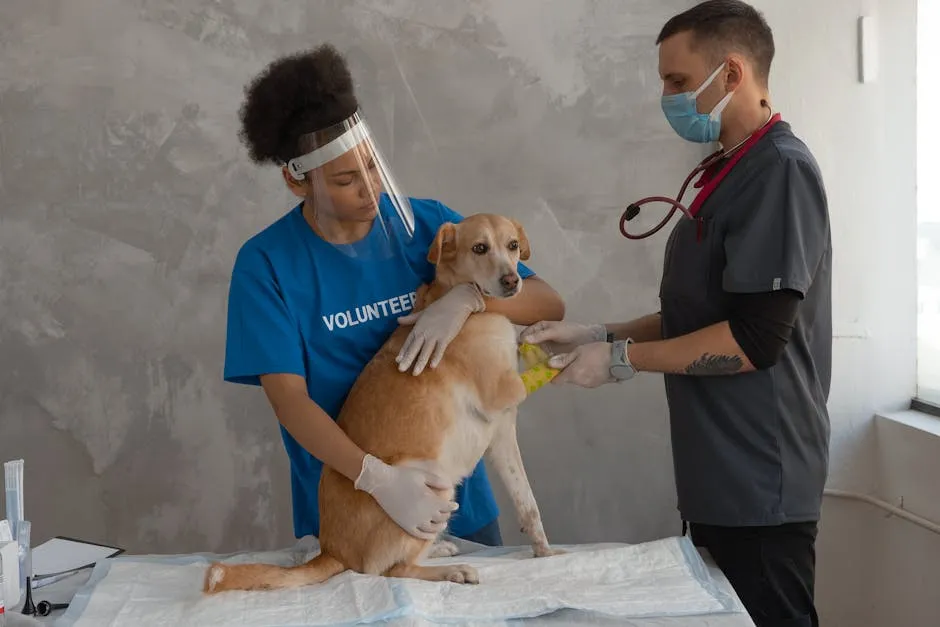
Conclusion
Teacup dogs are undeniably appealing due to their small size and charming personalities. However, owning one comes with unique responsibilities. These tiny companions often face serious health issues due to unethical breeding practices. It’s essential to choose reputable breeders who prioritize health over size. Always consider the ethical implications of your choices. By making informed decisions, you help ensure a healthier, happier life for your potential pet. Remember, adopting from shelters is a compassionate option that can provide a loving home to a dog in need.
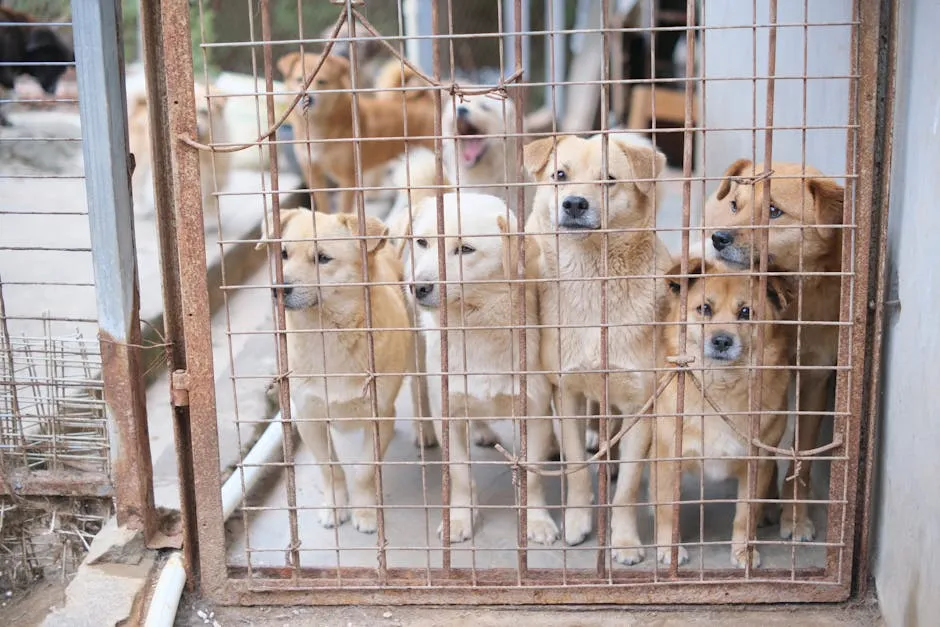
As you prepare for your new furry friend, consider getting a Dog Bed for Small Dogs. A cozy spot for your teacup pup to rest and recharge is essential for their well-being!
FAQs
What is a teacup dog?
Teacup dogs, also known as micro dogs, are tiny breeds weighing less than 6 pounds. Common examples include the Maltese, Chihuahua, and Pomeranian. Their small size makes them popular among pet lovers seeking lap dogs.
Are teacup dogs healthy?
Teacup dogs often face health risks. Common issues include hypoglycemia, heart problems, and respiratory issues. These health concerns arise from poor breeding practices. Always consult your vet about teacup dog health before adopting.
How do I care for a teacup dog?
Teacup dog care involves several key aspects. Feed them multiple small meals daily to manage energy and avoid health issues. Regular grooming is necessary to prevent matting. Ensure they get gentle exercise while avoiding injuries.
Why are teacup dogs so popular?
The popularity of teacup dogs has surged, fueled by social media and celebrity endorsements. Their small size makes them portable and convenient. Many view these dogs as fashionable accessories, which adds to their appeal.
Are there ethical concerns with teacup dog breeding?
Yes, ethical concerns exist in teacup dog breeding. Many breeders prioritize size over health, leading to serious health issues. Support ethical breeding practices and consider adopting from shelters to help combat these issues.
As a final touch, consider a Dog Collar with ID Tag. It’s essential for keeping your teacup pup safe and ensuring they can always find their way home!
Please let us know what you think about our content by leaving a comment down below!
Thank you for reading till here 🙂
All images from Pexels





